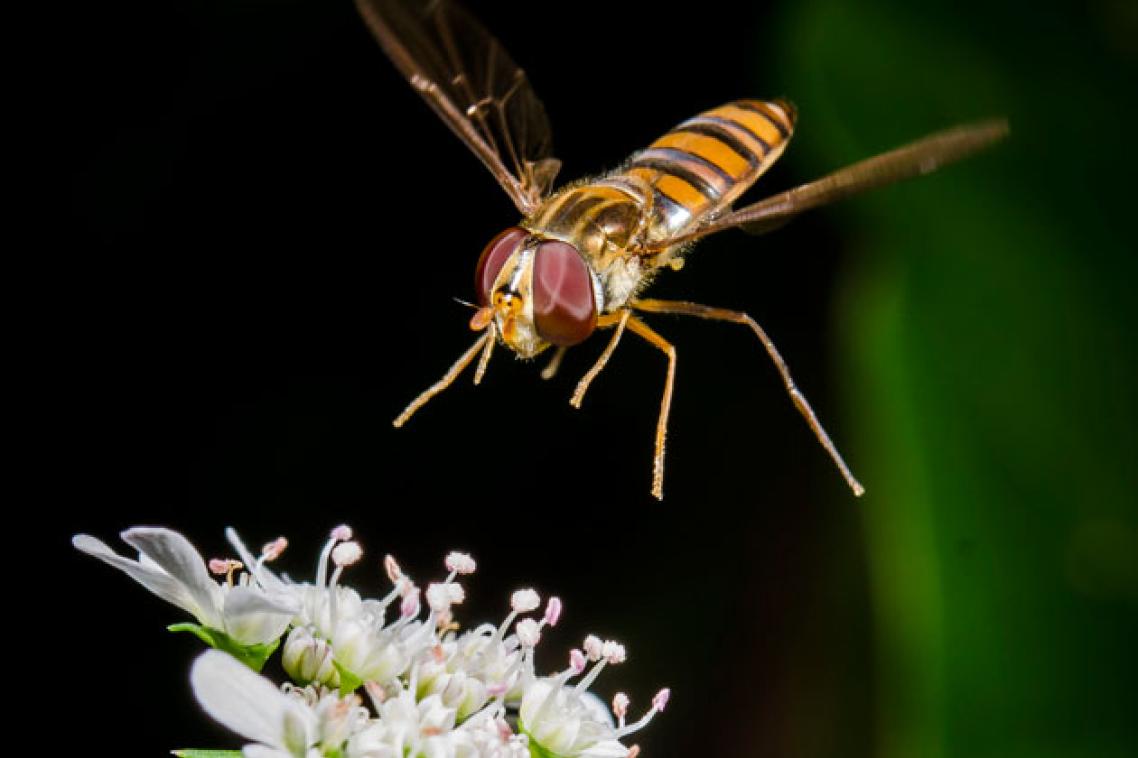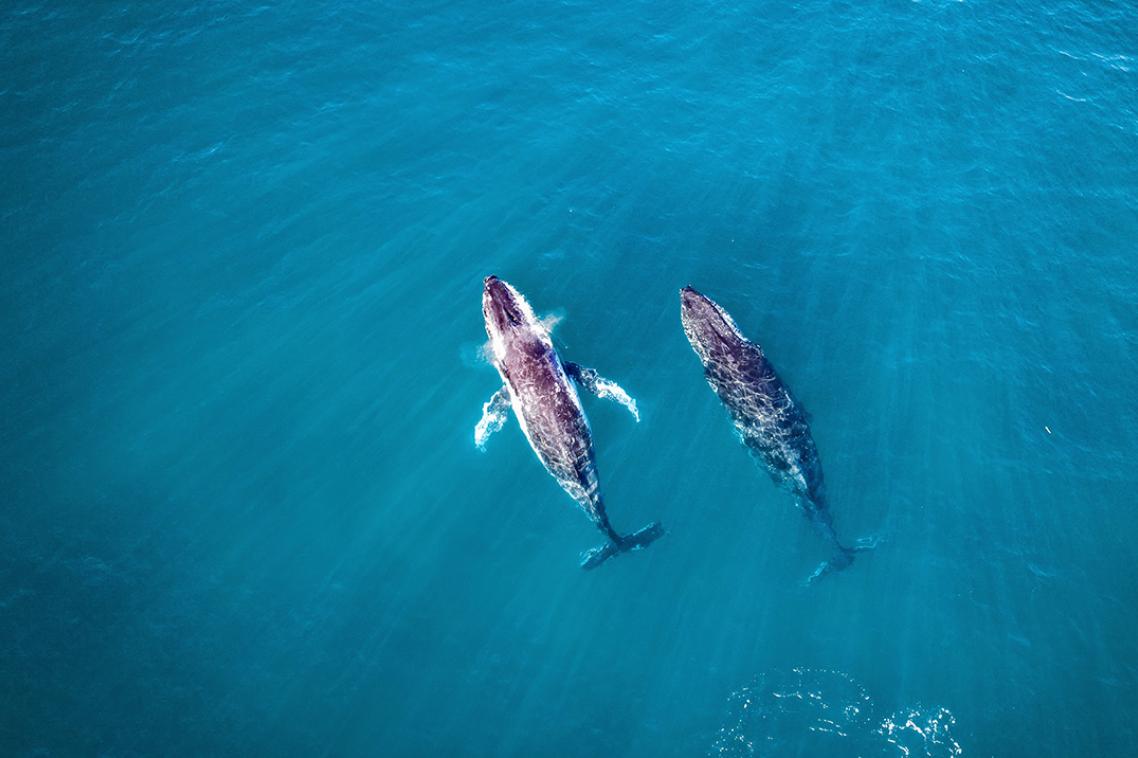Bee may not be the be-all and end-all for crop pollination

Farmers who use pesticides that spare bees but kill other insects might be ignoring important sources of crop pollination, according to an Australian-led international study.
University of Queensland plant ecologist Dr Margie Mayfield said many crops — including mangoes, custard apples, kiwi fruit, coffee and canola — depended on non-bee insect pollinators such as flies, butterflies, moths, beetles, wasps, ants and thrips.
“Scientists haven’t broadly explored the role of non-bee insects in crop pollination,” Dr Mayfield said.
“The global reliance on honeybees for pollination is a risky strategy given the threats to the health of managed honeybee populations due to pests and diseases such as varroa mites and colony collapse disorder.
“Non-bee insects are an insurance against bee population declines.
“We are trying to get the message out there to use scientific findings such as these to promote a change in agricultural practices.”
Dr Mayfield, who is who is the Director of UQ’s School of Biological Sciences Ecology Centre, said the research was led by Dr Romina Rader from the University of New England, Armidale, and involved a team of international researchers who carried out 39 field studies on 17 crops in five continents.
The research discovered that non-bee pollinators performed the same number of flower visits as honey bees and more than other bee pollinators.
“Although non-bees were less effective pollinators than bees per flower visit, they provided slightly more visits,” Dr Rader said.
“These two factors compensated for each other, resulting in pollination services similar to bees.”Dr Rader said non-bee insect pollinators had other advantages.
“Fruit set in crops increased with non-bee insect visits, independently of bee visitation rates, indicating that non-bee insects provide a unique benefit not provided by bees.
“We also found that non-bee pollinators were less sensitive to habitat fragmentation than bees.”
The study, published in the Proceedings of the National Academy of Sciences, involved researchers from Australia, New Zealand, Spain, Argentina, Brazil, Portugal, Israel, the Republic of Ireland, Japan, Mexico, the UK, the USA, Sweden, The Netherlands, Italy, Switzerland, Germany, Poland, and Canada.
Media: Dr Margie Mayfield telephone, m.mayfield@uq.edu.au, +61 7 3365 1685; Dr Romina Rader, rrader@une.edu.au +61 02 6773 2857.
Related articles

Decades of surveys show whale migration shift

Should you consent to your doctor using an AI scribe? Here’s what you should know.
Media contact
UQ Communications
communications@uq.edu.au
+61 429 056 139
